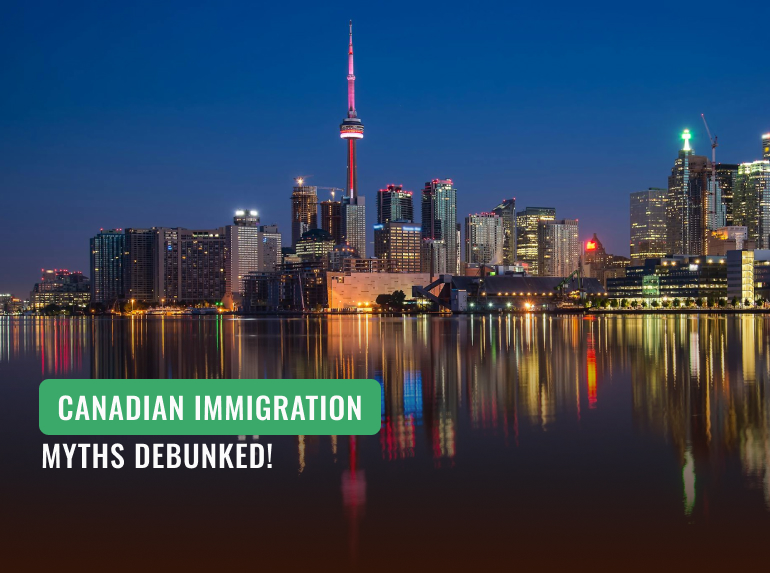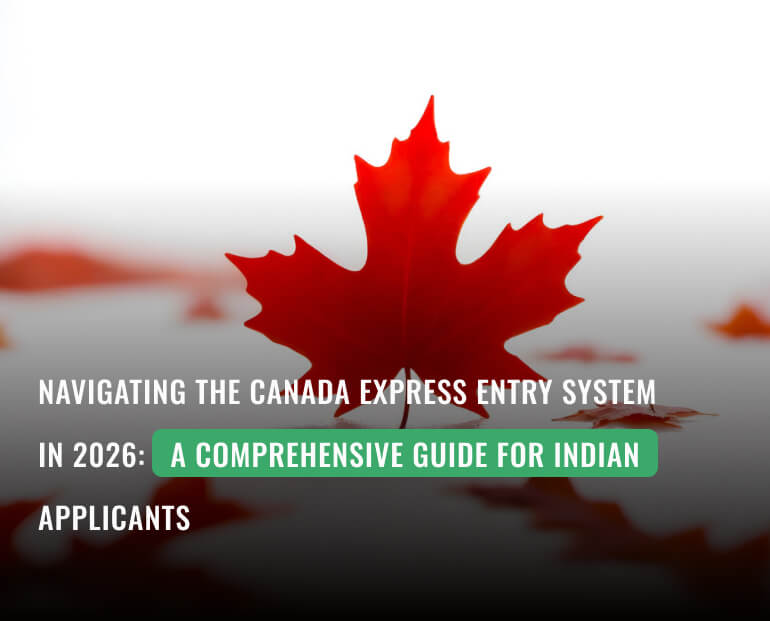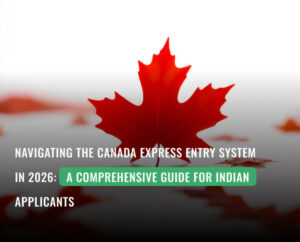The number of Indian immigrants grew from 32,828 to a whopping 139,715 from the year 2013 to 2023. This is a 326% increase in a decade. For many Indians, Canada is a popular immigration option as the country is known for its higher standard of living, better opportunities, and safe environment.
However, over the past years, there have been some misconceptions and myths about Canadian immigration. This confusion and skepticism make potential immigrants unsure about how to proceed with their immigration process.
Today, we shall debunk some of the most common Canadian immigration myths to help aspiring individuals and guide them toward a smooth Canadian immigration journey from India.
Myth # 1: Canadian Immigration is Simple
Even though Canada is a popular immigration destination and thousands of immigrants head to the country every year, immigration to Canada is a long process. Applicants have to meet specific eligibility requirements, and different programs could have additional requirements. Stats reveal that the Canadian immigration system is one of the most complex ones.
The application processes take several months usually. In some cases, it took a couple of years. Immigration involves a variety of procedures and steps such as medical exams, language testing, and police checks. Moreover, since immigration rules and policies change so frequently, it is crucial to stay on top of the latest updates and seek professional assistance from professional immigration consultants Mumbai to help you with the process and prevent delays and errors.
Myth # 2: Canada has a demand for Skilled Workers Only
This is true to an extent but not completely. There is a high demand for skilled workers in different industries. However, there are a few immigration programs for lower skill levels too. For instance, the Express Entry System considers candidates with a variety of skills and educational backgrounds and provides different routes to obtain permanent residency.
Myth # 3: You Must Speak French to Immigrate to Canada
Even though English and French are the official languages of Canada, there is no mandatory requirement to speak French in order to immigrate to Canada. If you are applying for an immigration program that requires the applicant to be proficient in the language, then you need to be proficient in either one of the official languages.
If you are not fluent in English or French, you could still apply for permanent residency via the Express Entry program by working on your language skills and boosting your language proficiency score. You can also apply for a study permit and attend language classes in Canada.
Myth # 4: You Should Be Rich
There are a few immigration programs in Canada, which require a minimum net worth. But this does not necessarily imply that the applicant has to be wealthy to immigrate to Canada. Canada offers a variety of immigration programs for individuals of different financial backgrounds. The net worth requirement varies as well.
One important thing to consider is that applicants should be financially sound to support themselves and their families without depending on government resources.
Myth # 5: You Should have a Job Offer for Canada Immigration
Having a job offer in Canada can boost your chances of getting selected for some of the immigration programs. However, it is not mandatory. There are numerous provincial and federal immigration programs that do not require an offer of employment and evaluate the applicants on the basis of education, work experience, language proficiency, and adaptability.
The Federal Skilled Trades program requires applicants to have a valid job offer. These programs are designed to address the labor shortages in particular industries and regions. These programs provide a route to permanent residency for skilled workers having a job offer or a trade certification from a Canadian employer. It is crucial to research the immigration programs in detail and determine the one most suitable for you according to your experience, goals, and skills.
Myth # 6: You Cannot Lose Your Status after becoming a Permanent Resident
One thing to bear in mind is that permanent residency does not require permanent status. A permanent resident might lose his/her status if they fail to meet the residency obligations or commit a crime. The permanent resident may lose the ability to work or study in Canada and even face deportation if this happens.
A process of reapplication or appeal is available. Permanent residents should get professional help in such a case.
Conclusion
The above-mentioned myths and misconceptions about Canada make it challenging for potential and aspiring immigrants to navigate through the immigration process. One must keep oneself informed and stay on top of Canada’s immigration programs and requirements and then decide if they are eligible.
Immigration procedures can get complicated. However, you can always seek professional guidance and assistance from DM Consultants. We provide quality immigration and consultancy services throughout India, such as Ahmedabad, Delhi, Hyderabad, Chennai, and Bangalore. We can guide you with precise information and valuable advice according to your case and circumstances.
DM Consultants can guide you on which of the Immigration programs aligns with your goals and guide you in filing and submitting your application. Book a consultation today and get closer to your dream.





















